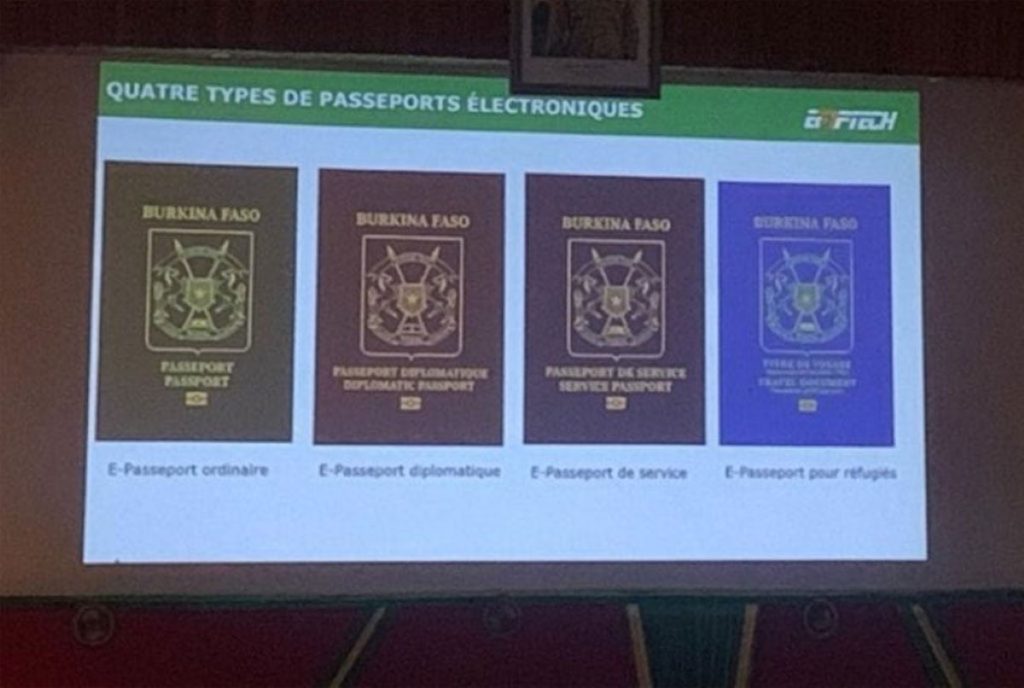The Burkina Faso government has released new biometric passports, and they no longer feature the logo of the Economic Community of West African States (ECOWAS), a clear indication of the country’s decision to withdraw from the 15-member regional bloc.
The redesigned passport signifies the nation’s disconnection from ECOWAS as a result of the sanctions imposed on Burkina Faso, Niger, and Mali after military coups took place in these countries.
Announcing the passport update on Tuesday, Burkina Faso’s security minister, Mahamadou Sana, stated:
“The new passport does not include the ECOWAS logo or any mention of ECOWAS. Since January, Burkina Faso has chosen to leave this organisation, and this update reflects the action already taken by Burkina Faso.”
The decision to exclude the ECOWAS emblem symbolises a broader refusal of the bloc’s policies, particularly its reaction to the recent political turmoil. While ECOWAS only enforced suspensions on the three countries, they have rejected any potential return and accused the bloc of abandoning pan-Africanism in favour of self-centred interests.
Mali, Burkina Faso, and Niger have been under increasing pressure from ECOWAS to restore constitutional order and lift the sanctions. However, the countries have staunchly resisted, criticising the organisation’s approach as divisive.
Nigerian President Bola Ahmed Tinubu, who leads ECOWAS, and his team have encouraged the nations to reconsider their departures. Tinubu has also assured that the bloc would maintain an amicable stance towards them.
According to the Henley Passport Index, Burkina Faso’s passport now holds the 78th position globally, providing access to 60 visa-free destinations, including ECOWAS member countries.
Nonetheless, the country’s departure from ECOWAS could present significant obstacles to the freedom of movement and the common market for the 400 million people residing within the bloc.

